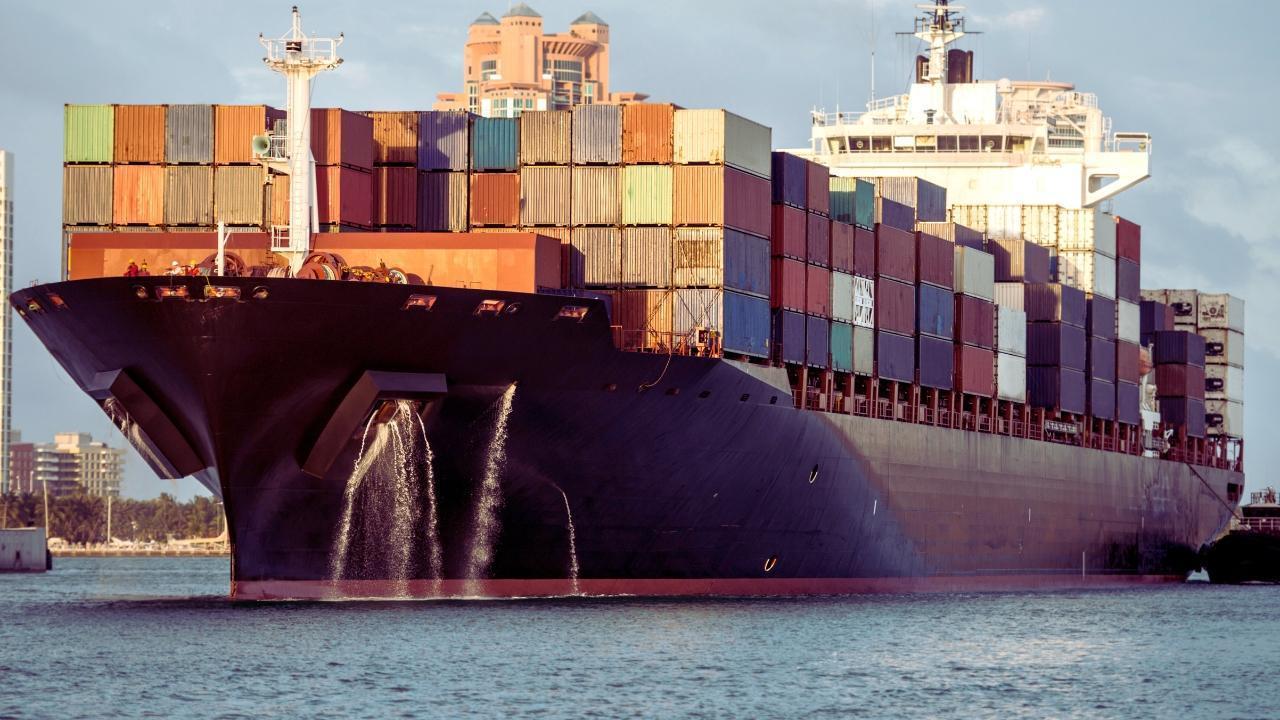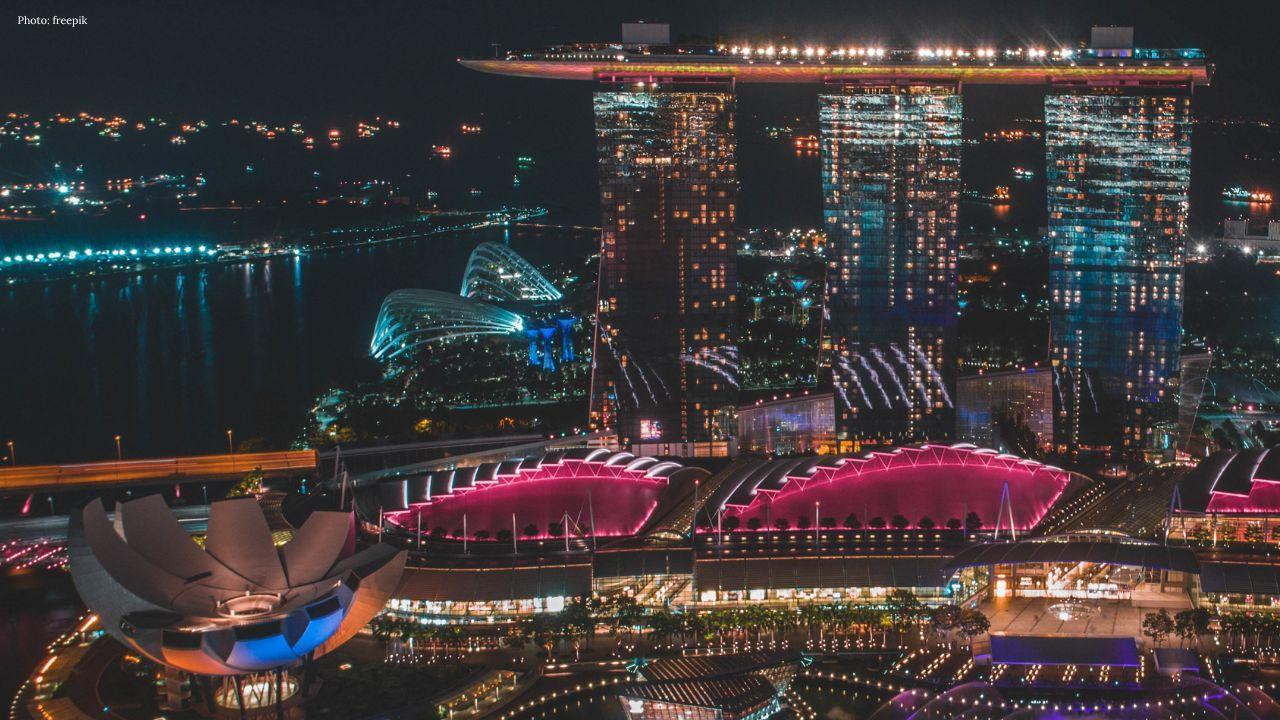You have not yet added any article to your bookmarks!

Join 10k+ people to get notified about new posts, news and tips.
Do not worry we don't spam!

Post by : Anis Farhan
For decades, discussions about global trade were dominated by Asia, Europe, and North America. Yet beneath the surface, a shift has been brewing. Africa, long overlooked in mainstream economic conversations, is quietly transforming into a major trade hub. With youthful demographics, strategic geography, and surging infrastructure, the continent is beginning to attract suppliers, investors, and consumers in newly powerful ways.
Africa’s influence starts with its people. The continent is home to the fastest-growing young population globally, with more than 40 percent under the age of 15. Cities like Lagos, Nairobi, and Accra are expanding rapidly, turning into urban centers with millions who consume, innovate, and demand modern infrastructure. These booming urban markets are magnetic to companies seeking growth beyond saturated Western regions.
Improved infrastructure plays a key role in Africa’s trade boom. Major projects—from new highway corridors to upgraded ports—have reduced shipping times, raised reliability, and created unified economic zones. Meanwhile, regional trade agreements like the African Continental Free Trade Area (AfCFTA) are removing tariffs and smoothing regulatory barriers across borders. Together, these changes make it easier—and more attractive—to trade within the continent and export globally.
Africa’s vast supply of raw materials—minerals, oil, gas, agricultural commodities—remains foundational to global supply. Yet the continent is shifting from merely exporting raw goods to building value chains. Countries are investing in refining, processing, and manufacturing, allowing them to retain more wealth locally. As that structural shift accelerates, Africa is becoming more than a material supplier—it’s becoming a rising node of finished industrial products and branded goods.
Digital connectivity is changing everything. Mobile money, fintech platforms, and e-commerce apps are enabling new generations of entrepreneurs to build businesses across borders. Small-scale traders in Nairobi now sell goods to buyers in Abidjan. Mobile platforms handle transactions seamlessly. Fintech helps bypass traditional banking challenges. These innovations are turning local market stories into global trade narratives.
Major global brands and multinationals have taken notice. Commodity producers, tech giants, and manufacturers are expanding operations into Africa—not just to sell, but to source. Some companies now view African partners as strategic, not just opportunistic. Investment in logistics, agro-processing, clean energy, and telecoms has ramped up as companies seek local resilience and diversification in global supply chains.
Regional economic integration: With regulatory barriers falling, cross-border trade becomes easier.
Demographic dividend: A young, urbanizing workforce means labor—and local consumption—is booming.
Supply chain diversification: Companies want alternatives beyond China or East Asia.
Mineral and agricultural supply: Essential export categories for global industry.
Digital leapfrogging: Tech empowers businesses to operate without legacy infrastructure constraints.
These forces together point toward a major transformation in global trade flows.
Africa’s potential remains tempered by persistent challenges:
Political risks and instability in some regions raise concerns among investors.
Infrastructure gaps, especially in power and logistics, still slow down internal integration.
Skill shortages and limited advanced manufacturing capacity in some sectors.
Currency volatility and debt dynamics that can inflate costs or deter investment.
Regulatory inconsistency in some countries, which can complicate long-term trade planning.
These are real hurdles—but ones that are being addressed incrementally through policy reforms, international partnerships, and new capital flows.
Real-world examples illustrate the shift:
An agricultural startup in East Africa now exports packaged avocados to Europe via rail corridors and eco-sensitive packaging.
A West African port city has become a petroleum product and steel hub for landlocked countries, leveraging upgraded shipping routes to fuel daily commerce.
A digital textile cooperative in North Africa supplies to small European fashion labels, using fintech platforms to manage cross-border payments.
These stories reinforce one point: trade transformation is both macro and micro—driven by policy but animated by entrepreneurship, innovation, and smart logistics.
For countries and businesses looking to adapt:
Diversify supply origins by building partnerships and sourcing from African markets for certain goods.
Explore vertical integration by investing in processing or manufacturing within Africa, not just importing raw materials.
Adapt to digital commerce: Use cross-border platforms and mobile payment systems to access market opportunities.
Engage locally and regionally: Build networks across African economic zones rather than relying on a single country.
Collaborate on education and upskilling: Public-private partnerships can build skills that support value-added production.
We are witnessing the emergence of a multipolar trade ecosystem. Instead of trade lanes dominated by a few mega-economies, we now have multiple corridors—Asia‑Africa, Africa‑Europe, Latin America‑Africa—all evolving simultaneously. This trade diversification brings resilience, creativity, and new influence centers.
The future global economy is being redrawn—and Africa is no longer a periphery. It’s becoming a core player.
This article is an original editorial written exclusively for Newsible Asia. It draws on cultural, business, and economic observations to inform readers. All impressions are presented in a human tone and do not constitute financial or trade advice.










Sumo Rocked by New Bullying Scandal as Terunofuji Admits Abuse
Retired grand champion turned stablemaster reports himself to authorities for violent conduct toward

Son of Oil Tycoon Riza Chalid Sentenced to 15 Years in $17 Billion Corruption Scandal
Jakarta Corruption Court convicts Muhammad Kerry Adrianto Riza in high‑profile Pertamina graft case

Marina Bay to Celebrate Disney Adventure With Fireworks & Fun
UOB Marina Bay Sands & Singapore Tourism Board join Disney Cruise Line for a 2-month nautical celebr

Rashmika Mandanna and Vijay Deverakonda Tie the Knot in Grand Udaipur Wedding
The beloved actors celebrated their Telugu and Kodava heritage with traditional ceremonies at ITC Me

Raja Ampat Welcomes Back Endangered Zebra Sharks
Scientific collaboration and community education drive rare species repopulation in the Coral Triang

Tomorrowland Thailand Set for Full‑Scale Asian Debut in December 2026
Thailand to host world‑renowned electronic music festival in Pattaya, expected to draw tens of thous